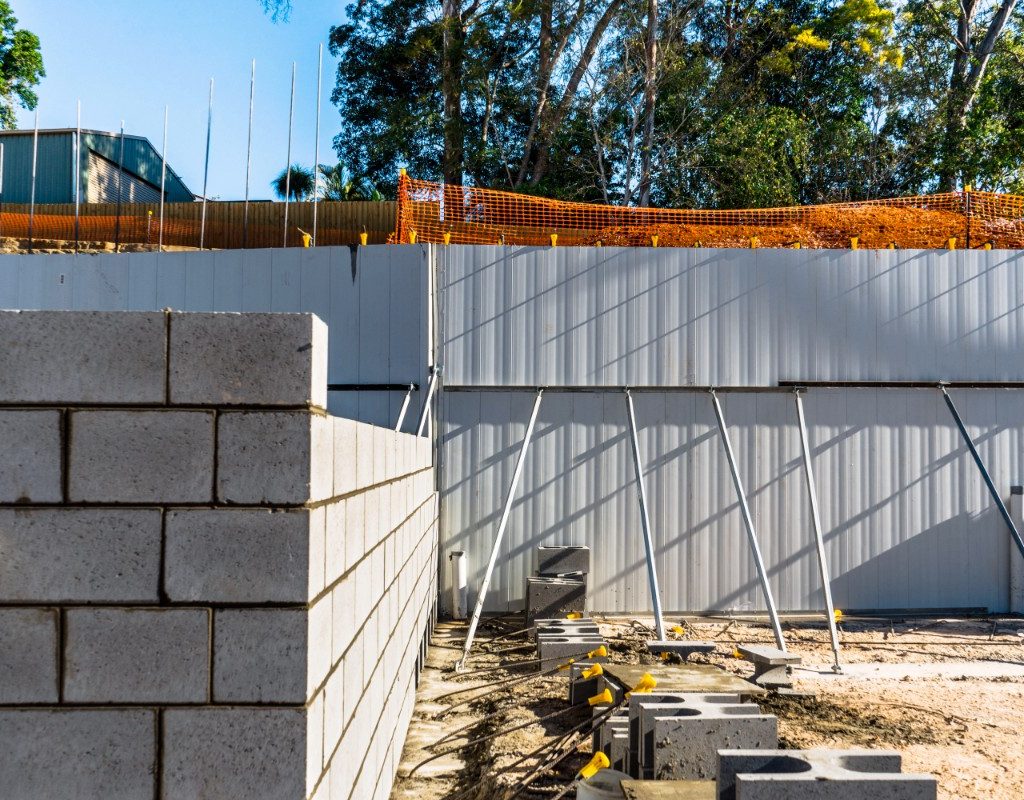There are two main types of formwork in the building and construction industry: temporary formwork and permanent formwork.
But, what are they? And what’s the fuss about permanent formwork?
Here’s a guide to help you out.
What is Temporary Formwork?
Temporary formwork has long been a mainstay of the industry. As the name suggests, it is a temporary but reusable formwork that is removed from around the concrete once it is laid and completely cured.
What is Permanent Formwork?
Permanent formwork is a relative newcomer to the world of the construction industry. However, its effectiveness has seen it adopted by Solutions Built – we specialise in installing AFS Rediwall, Logicwall, Dincel or Hebel formwork solution – and the rest of the world with lightning speed.
What Are the Benefits of Permanent Formwork?
Unlike temporary formwork, permanent formwork stays in place, acting as an additional stabiliser, making it an appealing alternative to precast concrete and temporary building methods. In a nutshell, the process uses hollow panels in place of traditional block and brick work. These hollow panels are then filled with concrete, remaining in place forming a permanent structure.
In addition to providing extra stability, permanent formwork protects concrete from any deterioration that might be caused by surrounding soil it comes into contact with.
Formwork has largely been used in the laying of horizontal slabs. But now, with new procedural and technological advancements it’s possible to pour vertically and use the permanent formwork to create walls.
It also reduces the time and processes required for both commercial and residential builds. Safer sites for workers, quicker project turnarounds and reduced costs; these are areas of paramount importance to any reputable construction company, and to the customer. What’s not to love?
What’s it suitable for?
Well, it’s suitable for just about any construction project.
Small or large builds, residential or commercial.
And it’s a welcome process that’s been widely heralded as revolutionary within the industry. Notably, many architects have also praised and adopted the practice.
Which tends to suggest that permanent formwork doesn’t look to be going anywhere, anytime soon.
With our focus on creating durable buildings on budget and on schedule, we recommend that all our our clients consider permanent formwork. If you would like to find out more about how we can help with your upcoming project, please Get in touch.
